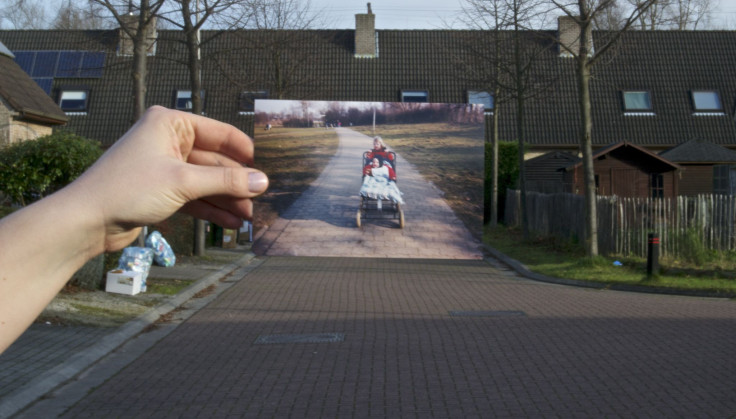Long-Term Memory Triggered By Emotions Grabbing Hold Of Small Details Of The Past

How much of today and its many small occurrences and events will you remember in the years to come? A new study explores this very question and affirms a simple truth you’ve probably already learned from your own trusty life. Emotional experiences, NYU researchers say, have the power to consolidate and strengthen our initially weak memories of inconsequential details.
If you unexpectedly meet someone who changes your life today, you can bet your wallet that you would remember a whole slew of details — what you ate for breakfast, what the weather was like — that might otherwise be lost in the general blur of quickly moving days. Yet, in many situations, we do not know in advance that we are about to experience a life-changing moment. How, then, does our memory process all the information we receive without knowing which moments to highlight as important until after the fact, sometimes long after the fact?
For their new study, a team of researchers led by Dr. Joseph Dunsmoor, a post-doc fellow at NYU, examined the destiny of seemingly inconsequential information that was either made more meaningful at a later date… or not. Dunsmoor and his colleagues designed a three-phase experiment, where participants viewed and identified a series of simple images (of animals and tools).
The experiment began with a practice run, during which participants were given no instructions to learn or remember the series of images they were seeing. Next, the participants viewed a second series of images while receiving a mild shock delivered through electrodes attached to their wrists. (This pain served to make the second category of images "emotionally charged.") Unlike the practice run, this time the researchers requested the participants remember the images they were seeing. Finally, the participants viewed a third series of images, minus any shocks, after being instructed to remember what they were seeing.
After completing this phase of the experiment, the researchers tested participants’ memories. As expected, the participants were better able to remember the images seen while receiving a shock than the images viewed without all the pain.
Necessary Delay
What is surprising, though, is this: the participants also remembered the earliest images — those viewed just before they received a shock — better than the shock-free images they were told to remember. Importantly, this better memory was only seen after a delay.
The participants were able to recall these ordinary, unemotional memories because subsequently they had become linked to emotional learning, the researchers say. And, the necessary delay suggests that our memories are able to retroactively process and resort storage to enhance memory.
"These new findings highlight the highly adaptive nature of our memory system and suggest that our memories not only can travel back in time to retrieve events from the past, but that it can update past memories with important new information or details," Dr. Lila Davachi and Dr. Elizabeth Phelps, both professors of psychology and neural science at NYU, stated in a press release.
Our memories, then, temporarily store inconsequential details just in case the information becomes relevant or important at a later time. (Another way to see this process: It's like placing a book in a temporary pile before moving it to a permanent place on the shelf.
“Since we rarely encounter the same exact stimuli in the same exact situations,” the researchers wrote in their study, “It is advantageous for memory of other closely related information, encoded prior to a meaningful event, be remembered as well.”
More evidence of the brilliance of our brains, this study nevertheless begs one simple question: If we injected an "emotional charge" into mundane events, would it work to help us remember or would it simply raise the bar for what is meaningful? Medical Daily's guess is there are just some things you cannot fake. Exceptional is just that.
Source: Dunsmoor JE, Murty VP, Davachi L, Phelps EA. Emotional learning selectively and retroactively strengthens memories for related events. Nature. 2015.
Published by Medicaldaily.com



























